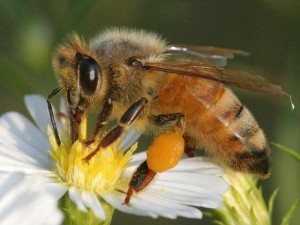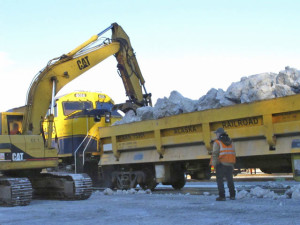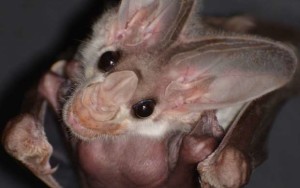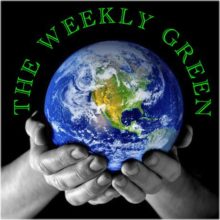POLLINATORS

75% of the world’s food crops and nearly 90% of its wild flowering plants depend at least in part on pollination. Wild bees are by far the most prodigious pollinators, but other invertebrates, such as butterflies and moths, play an important role too, as well as some vertebrates, notably birds and bats. The Intergovernmental Science-Policy Platform on Biodiversity and Ecosystem Services (IPBES), a United Nations agency, recently published the first global assessment of pollinators, finding that 40% of the invertebrate pollinators and 16% of the vertebrate pollinators are under threat of extinction, because of changes in land use, intensive agricultural practices, pesticides, invasive species and diseases, and climate change. The economic importance of pollinators cannot be overstated. Not only the majority of food crops are dependent on them, but also non-food crops such as cotton, vegetable oils, cattle feed and even construction materials. Measures to reverse the trend include diversification of the agricultural and urban landscape to increase pollinator habitats, greater reliance on traditional indigenous knowledge and decreased use and better management of pesticides.
THE PRICE OF PLASTIC
The extremely low price of crude oil is bad news for the recycling industry, because it has made it cheaper to manufacture plastics from scratch than from recycled materials. Demand from China, the biggest importer of recycled plastics, has decreased in tandem with the drop in oil prices. Recycling companies all over the world are facing the prospect of having to turn to the incinerators to get rid of their surplus. Expansion of the number of products made from recycled plastics is one suggested solution; another one is a mandatory minimum content of recycled plastic in new products.
IDITAROD

Average temperatures in Alaska are rising twice as fast as the global average. Flowers bloom two months ahead of schedule and snowfall in February was only 10% of normal precipitation. Anchorage had the warmest winter in its history and that meant there was not enough snow to start the Iditarod race last Friday. Luckily, there was still plenty in the city of Fairbanks, from which it was brought in by the trainload so that the race could start on schedule.
TOO UGLY
The human inclination to judge things by their appearance is a root cause of food waste. Many otherwise perfectly good fruits and vegetables get snubbed for deficiencies in the way they look and never make it to market. The phenomenon affects other areas of endeavor too: Australian scientists evaluated 1400 studies of Australian mammals dating back to 1901 and found that only 11 percent of them concerned bats and rodents, which make up almost half of the 331 mammalian species of the continent. 77% of the studies were devoted to animals that are cuddly, cute or iconic, such as the kangaroo, the koala and the platypus. The ‘ugly’ animals are disregarded because they do not attract tourists and also because the scientific publications regard them as local subjects, which deters researchers. Since the Europeans arrived, some 20 species have become extinct and another 20 are on the verge of which nothing is known except that they exist. Or used to.


